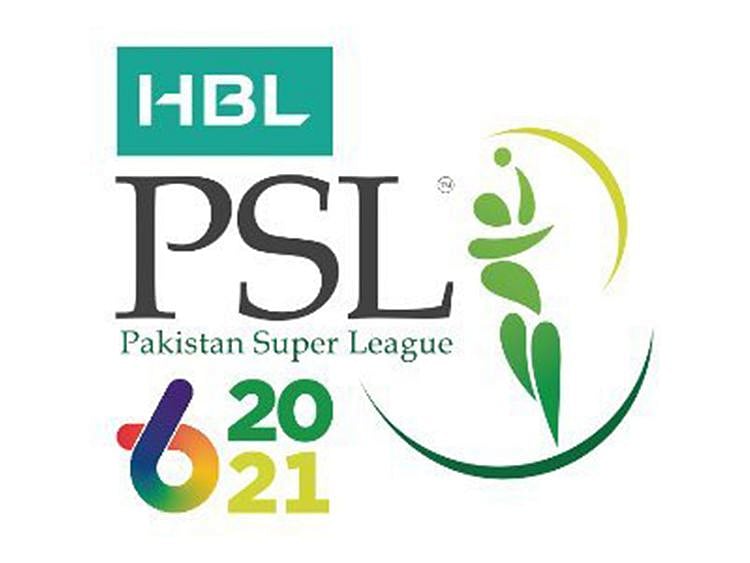Postponement of the Pakistan Super League (PSL), the nation’s premier cricket tournament involving dozens of foreign players, has come as a shock to many considering that the culmination of this multimillion dollar event was barely three weeks away.
The game was peaking nicely and the crowds were growing alongside a calculated media hype. But as it turned out the gold turned to dust with the announcement last week that the event could no longer continue.
Given the Corona pandemic situation in the world, all sports activities are either controlled or are conducted under strict rules governing players and managements social contacts. PSL was no different. Or so it seemed.
While initially there were no concerns of the players contracting the virus and the tests done on all of the six teams’ participants running into hundreds were negative, a couple of instances of leakage in the bio-bubble did ring the alarm bells that there was a breach somewhere.
Some of the players who tested positive were isolated and the show went on without much care and concern. But then the cases ticked up and dozens of reports of positive tests later it was decided that it had become unviable to look the other way.
The cost of this derailment is not just in money terms. Millions of dollars of contracts, payments to event planners, advertising budgets and commercial understandings face an uncertain future. The hue and cry in the media is also predictable because two of the country’s largest media houses owned and backed two teams and had lined up expensive air time for the projection of their favourites.
It is not known what becomes of the money lost; some of the investors are betting on the possibility that once Corona fears subside, they will be able to restart their projects exactly from where they have been forced to leave them. But this is a big unknown and the Pakistan Cricket Board, the country’s main authority, is not committing any new date.
Marketing of the national image
A bigger cost is to the marketing of the national image of a country back on track after a year of Corona-related uncertainties. On the face of it, the time looked near-perfect for staging a big sporting event because the country did appear to have gone past its worst second wave fears.
Businesses had opened up; public transport was fully on and the educational institutions, long caught between the two stools of online and face to face teaching, finally became fully operational.
But coinciding with PSL postponement there is now a sort of a national revision of the optimism that gave birth to the idea that Pakistan was ready to look past the pandemic. The numbers while still low by global statistics, have gone up again with one day registering 76 deaths, double the death count of the times when PSL started.
Seasonal allergies combined with general flu are making the situation look somewhat trickier than previously, underlining the fact that even short-term planning can be upended by the twists and turns in the infection rates.
You will also hear an argument in Pakistan that in the exuberance to become “normal” again policy planners had started to wish away the vagaries the virus can create on account of its unpredictable nature. ‘Too much too soon’ is the complaint.
Interestingly, similar murmurings of protests are also audible among the parents and educationists about reopening of schools as many believe that the government could have waited a few more months to monitor the situation before taking a final decision.
PSL postponement has also brought back doubts about official data and statistics regarding the virus. If the players in the bio-bubble are not safe, how can the ordinary people with so much exposure to the outside environment be safe?
This is weighty reasoning and can’t be tossed out by simply saying that the country can’t afford to remain even partially shut even if the virus had not disappeared fully. But an interesting aspect of the PSL setback is less talked about: this could have been avoided by strong enforcement of the rules that the Pakistan Cricket Board had created for the players and the managements.
After all, a full domestic cycle of the game was completed with hundreds of games across the country for many months in all age categories (the lowest being national under-16) without much trouble. The problem with PSL arose essentially from the carefree manner in which the event was being conducted.
Fun and joy and free mixing of players with everyone else drilled a dozen holes in the perimeter of protection that was necessary to hold the game safely and without any incident.
With hindsight it was possible to complete the PSL if there was really strict enforcement of the SOPs. But that is past. In the present what you have is a lot of hand ringing and mourning over the fact that so much effort, expectations, money and marketing that went into planning of the event has simply gone down the drain.
Syed Talat Hussain is a prominent Pakistani journalist and writer. Twitter: @TalatHussain12
Sign up for the Daily Briefing
Get the latest news and updates straight to your inbox
Network Links
GN StoreDownload our app
© Al Nisr Publishing LLC 2025. All rights reserved.
